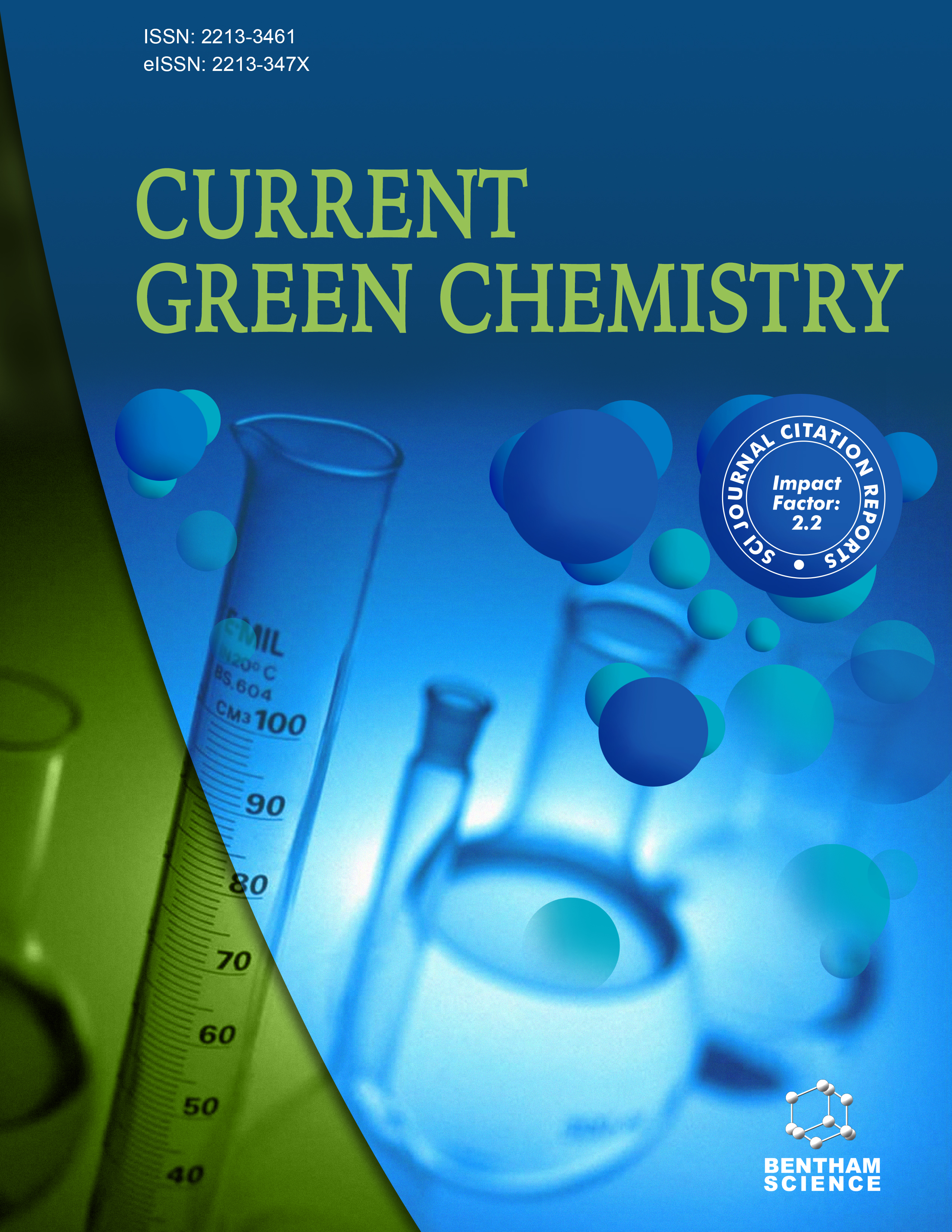
Full text loading...
Developing sustainable biodiesel production relies on investigating local microalgal populations to detect neutral lipid accumulation via high throughput screening. This study evaluates the efficacy of using various isolation strategies for maximizing microalgal strain collection from low-abundance water samples. The study resulted in the isolation of twenty-five algal strains, of which 3 oleaginous strains were identified as Chlorococcum aquaticum BB607, Chlorococcum sp. BB601 and Spongiosarcinopsis limneus BG607 were selected. Isolate C. aquaticum BB607 exhibited substantial lipid content of 456.45 ± 2.40 µg/mL, lipid productivity of 38.04 ± 0.20 µg/mL/day, biomass yield of 4.23 ± 0.06 mg/mL and maximum percentage C16-C18 fatty acid profile compared to the other two isolates. Further, the FAMEs produced from this isolate exhibited high CN (60.384), low iodine value (97.33 g I2/100 g) and negative cold filter plugging point (-2.28°C). This demonstrates the potential of C. aquaticum strain BB607 as a feedstock biodiesel production.

Article metrics loading...

Full text loading...
References


Data & Media loading...
Supplements

